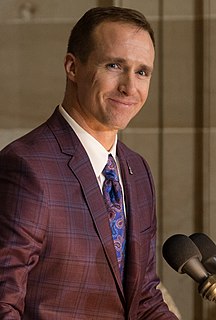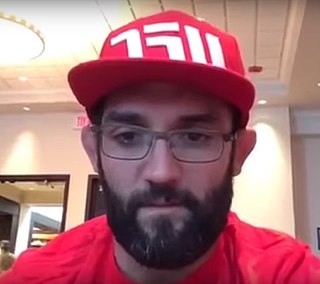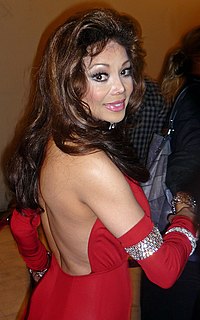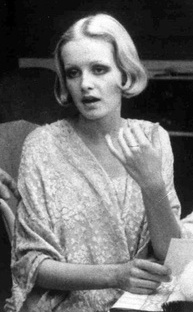A Quote by Terence McKenna
The thing that seemed to me so important about the psychedelic experience was that it happened to me. I wasn't reading John Chrysostom or Meister Eckhart. And so I assumed that I am a very ordinary person, therefore, if it happened to me it could happen to anyone.
Related Quotes
Expectations are usually predicated on the idea that the everyday things that happen to ordinary people shouldn't happen to you. People hold the idea of being ordinary in absolute contempt, so when they face an illness, poverty, or any kind of catastrophe, they say, "I can't believe this happened to me." And who did you think it was going to happen to - the woman across the street? It makes them think, "I must be on the wrong path." But what if something you thought was bad was the best thing that ever happened to you? What if that was part of your path?
That something happened to you is of no importance to anyone, not even to you. The important thing about you is what you choose to make happen - your values and choices. That which happened by accident - what family you were born into, in what country, and where you went to school - is totally unimportant.
The best thing that could've happened to me was that I learned a lot in Vegas, but I didn't know how to implement it. Whenever I came to Texas, all we had was Marc Laimon, jiu-jitsu coach. We didn't have a striking coach. So me and him started to just develop our own game, because he knows nothing about striking. We sat down and we sort of found my style. I think that was the best thing that could've happened to me.
The plot is very important because writers have to play fair with their readers, but no one would care about the plot if the character work wasn't there. So, basically every book I work on starts with me thinking not just about the bad thing that's going to happen, but how that bad thing is going to ripple through the community, the family of the victim, and the lives of the investigators. I am keenly aware when I'm working that the crimes I am writing about have happened to real people. I take that very seriously.
What I bring to the interview is respect. The person recognizes that you respect them because you're listening. Because you're listening, they feel good about talking to you. When someone tells me a thing that happened, what do I feel inside? I want to get the story out. It's for the person who reads it to have the feeling . . . In most cases the person I encounter is not a celebrity; rather the ordinary person. "Ordinary" is a word I loathe. It has a patronizing air. I have come across ordinary people who have done extraordinary things. (p. 176)
I always wanted to write a book about a common food that becomes a commercial commodity and therefore becomes economically important and therefore becomes politically important and culturally important. That whole process is very interesting to me. And salt seemed to me the best example of that, partly because it's universal.
The thing that is cool about my come up is that I dealt with fame and having money gradually. It didn't happen overnight. It was something that took a while to happen. It was something that humbled me and made me very appreciative of my blessings more than I would have been if it had happened faster and easier.




































